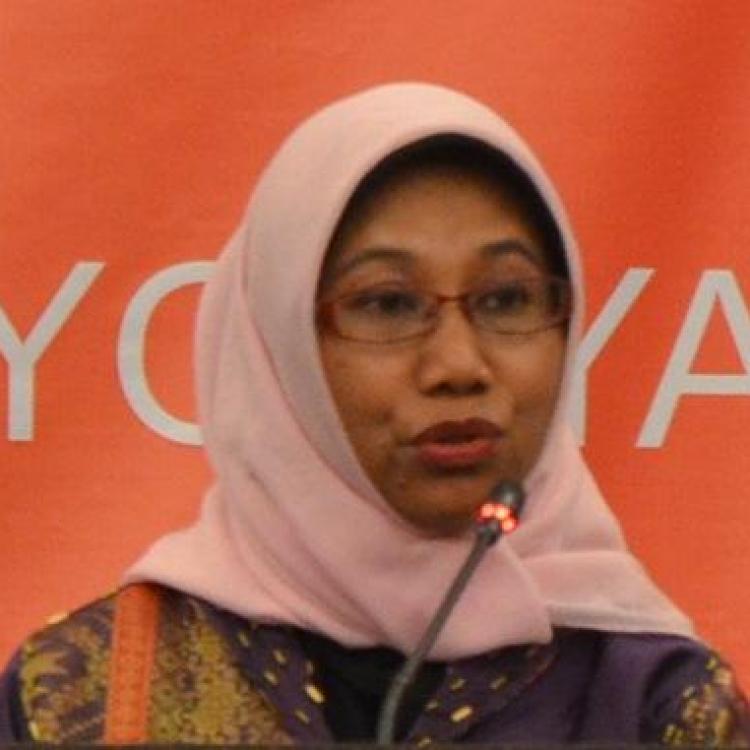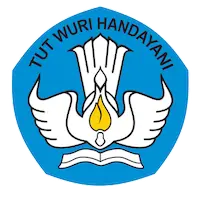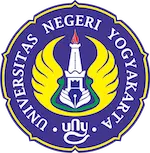Since 1976, polytechnic education has been growing through co-operation with Swiss Government at the beginning, continuing by World Bank, then by TPSDP-ADB, and now by PEDP-ADB 2928-INO, add up by Grant (DFATD Canada) 0343-INO (EF). Indonesian Government through Ministry of Research, Technology, and Higher Education (MoRTHE) has been showing strong commitment in further developing of polytechnic education.
We keep determined in bringing polytechnic education always on the Vocational Oriented Higher Education (VoHE) which (1) inline with national economic development program; (2) producing competence/ certified graduates; (3) producing prototypes that would have potential economic value/ordered by industry.
Ladies and Gentlemen,
It is no doubt that Indonesia is facing one of its biggest challenges to increase nation’s competitiveness at the global level. In relation to Indonesia’s human capital, it is also apparent that we have the advantage of what is known as ‘demographic bonuses’. With a population of over 240 million and rising, about 37 per cent are children and teenage between 0 and 19 years old. This generation is the one that will lead Indonesia in the global competition in twenty to thirty years from now.
Based on the data and projection from McKinsey Global Institute in 2012, Indonesia was among the 16 largest economies in the world, and in 2030 it is predicted that we will become the 7th, in accordance with the rapid growth of a new middle class. Regardless, a prerequisite for this projected outcome is if we could upgrade the quality and number of our skilled labors and professionals to compete at the global level, and that necessitates us to guarantee a quality education up to the top level for our future generation.
In this regard, and in line with the President Jokowi’s Nawa Cita, our Ministry places priorities in revitalizing two sectors in the higher education, which are teacher’s education institutions and vocational educations, both are seen to be critical in increasing the quality of our human capital.
Within the vocational education, the McKinsey study that I mentioned earlier showed that Indonesia will need 113 million skilled workers in 2030, more than double from what we have today. By contrast, from more than 4,000 campuses in Indonesia, only 241 of them, or less than 6 per cent, are polytechnics. Likewise, only around 250,000 out of 7 million students in higher education are taking vocational education. Compare this with Germany where universities of applied science cover 50% of the higher education in the country.
The trend nowadays is to upgrade and increase the standard of our Polytechnics by increasing the quality of training and by following the demands from industry and new technologies. The industrial demand for the graduates from Indonesian Polytechnics and Community Colleges are considered high, illustrated by short waiting time between graduation and the start of working. This reduces the unproductive moment of our generation and surely contributes to our nation’s welfare.
Ladies and gentlemen,
Polytechnic education development in the future will be directed to support the needs of applied technology for economic development, resource based in particular. Inline with political will to create “sea toll”, we would like to strengthen and expand maritime polytechnics and ships building study program. Embedded to those previously mentioned, fishery technology is included. In anticipating the needs of resource based energy in the future, oil and gas, geo thermal, where Indonesia still has big number of reservoir in the country, we propose to develop drilling technology, utility technology, and enhancing the existing maintenance technology at polytechnics (including aircraft maintenance).
In addition, for your information, a group of young graduates of Bandung Institute of Technology (ITB) together with the manager of PMU-PEDP (Project Management Unit-Polytechnic Education Development Project) has been developing Vibro Didactic; the predictive maintenance technology based on vibration. The company of the youngster produces vibro-instrument on their own, and a group of lecturers of ITB and Polytechnic develop the didactic materials. This might be an intangible output of PEDP, and ready to use as teaching practice material in both polytechnic and university.
Ladies and Gentlemen,
In short, we are proposing to enhance the existing study program for TVET in: (1) maritime; (2) component production technology in mechanical and electronics/electrical; (3) maintenance technology; (4) food processing technology; (5) renewable energy.. Last but not least, The Directorate General of Learning and Student Affairs, The Ministry of Research, Technology, and Higher Education of Republic of Indonesia will always be at hand to support TVET program.
Thank you and I wish you a successful and fruitful Conference.
On Behalf of
Director General of Learning and Student Affairs, MoRTHE
Prof. Intan Ahmad
Keynote speech Dirjen Belmawa Kemenristekdikti yang dibacakan Direktur Pembelajaran Dr. Paristiyanti Nurwardani, dalam International Conference on Vocational Education and Training (ICVET) 2016 di Hotel Sheraton 15 September 2016.

 English
English


